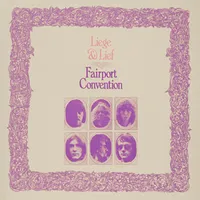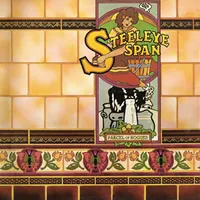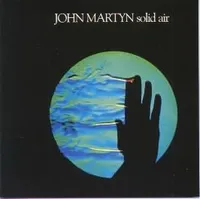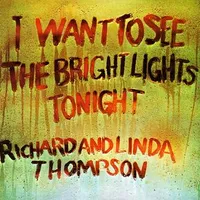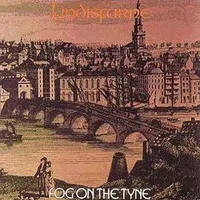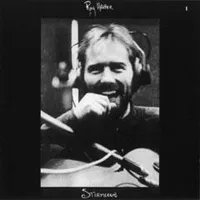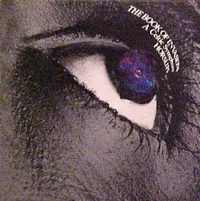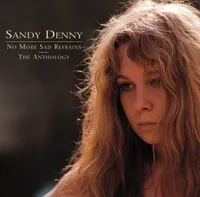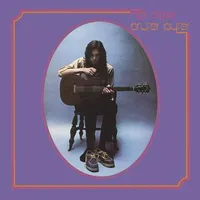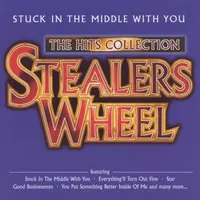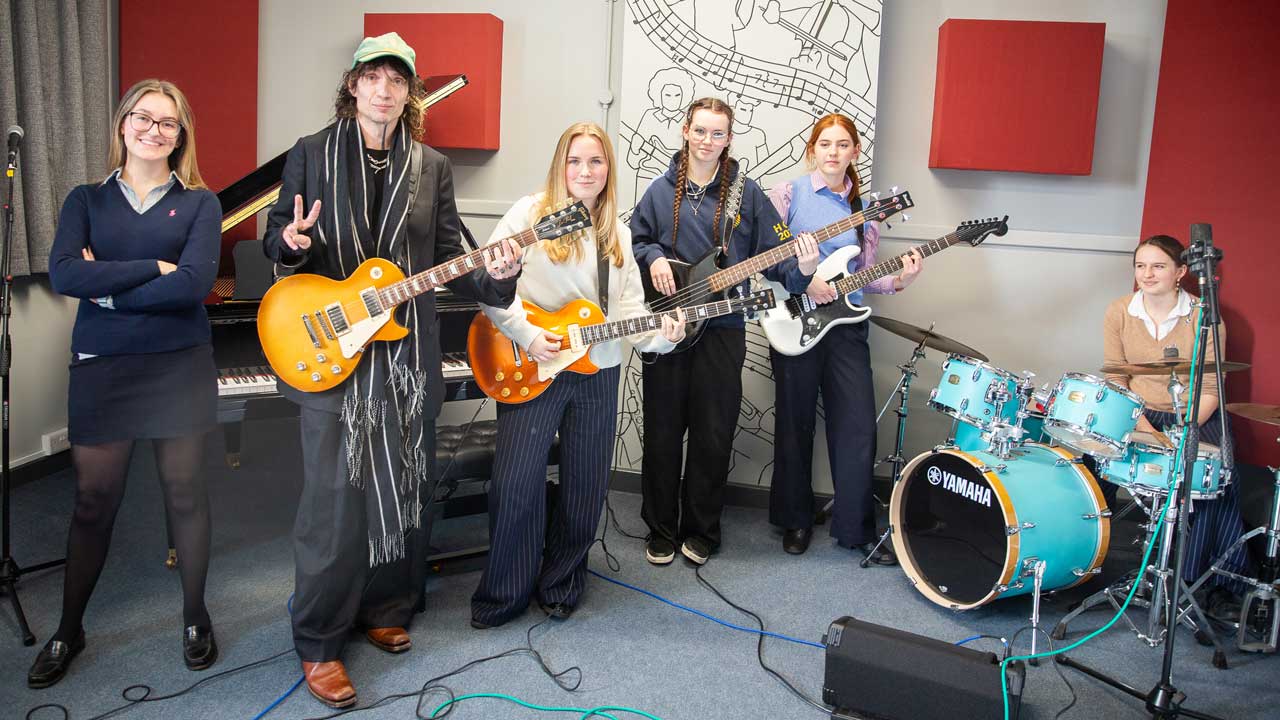10 Folk Rock albums you should definitely own
There's much more to folk rock than its hey nonny nonny roots, as Jimmy Page will attest. These ten essential albums prove it
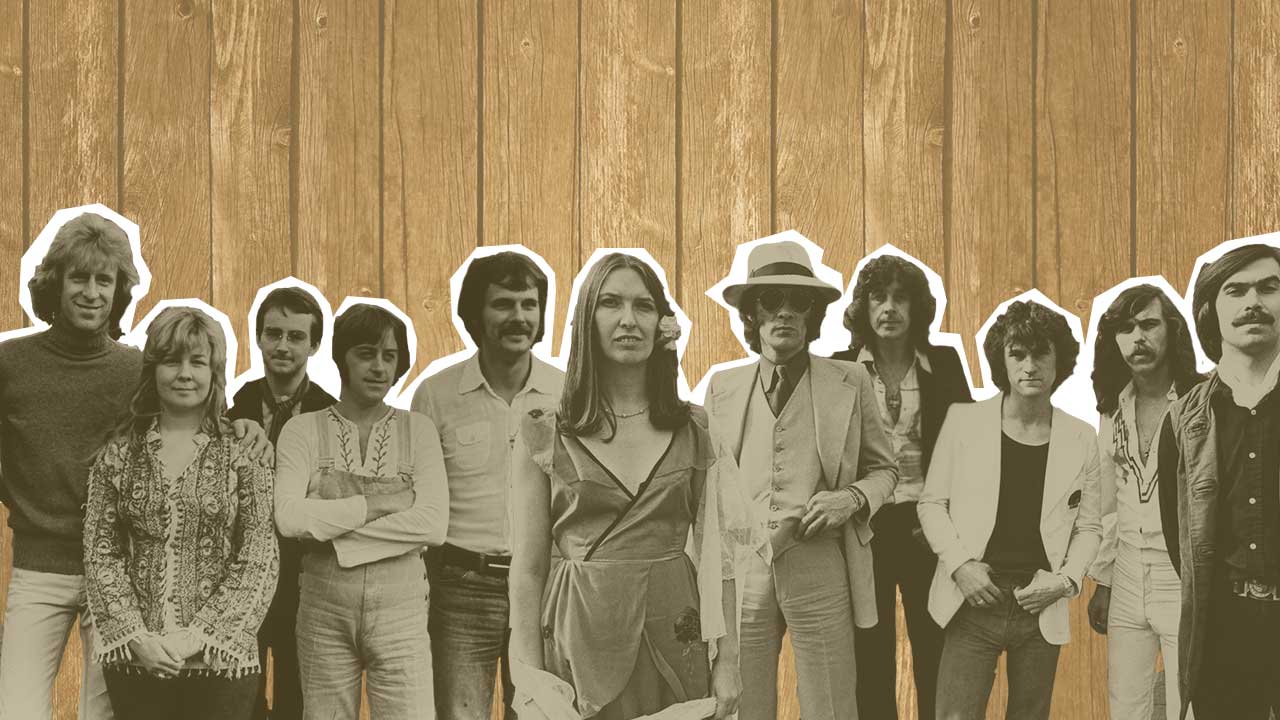
Rock musicians spent half the 1960s nicking ideas off the folkies. You only have to take a brief listen to Jimmy Page’s Black Mountain Side instrumental on Led Zeppelin’s 1969 debut alongside folk guitarist Bert Jansch’s Black Water Side (see what he done there?) on his 1966 album, Jack Orion, to realise that they are even closer than the (not so) subtle title change suggests.
Fast forward to Led Zeppelin III and that’s folk rock you’re listening to on Gallows Pole – a traditional folk song given the rock’n’roll treatment. And who’s this bloke Roy Harper they’re taking their hats off to on the last track? Some renegade folkie they’ve adopted, that’s who.
The folk scene had remained suspicious of rock music. Even young Turks like Bert Jansch, John Renbourn and Ralph McTell were wary of ‘selling out’. When Donovan broke cover and shot up the charts with Catch The Wind in 1965, the traditionalists denounced him as a traitor. They were also pretty sniffy when Jansch and Renbourn became part of the Unplugged-style folk supergroup Pentangle a couple of years later.
It needed a rock group to put the rock into folk rather than vice versa. That band was Fairport Convention. They’d built up a name on the underground scene with their covers of (then unknown) Joni Mitchell, Leonard Cohen and Bob Dylan. But singer Sandy Denny had already paid her dues on the folk circuit and when they recruited folk fiddle player Dave Swarbrick the die was cast.
Their 1969 album, Liege & Lief, laid down the folk rock template for the decade that would follow. Other bands soon took advantage, although there was an incestuous element at play (in the studio, not the bedroom, gutterbrain. Mind you, come to mention it…): Fairport begat Fotheringay, Richard & Linda Thompson and Steeleye Span who begat the Albion Band and so on. But some bands, like Lindisfarne, seemed to have been waiting in the wings for the call.
Led Zep were not the only rock band partial to a bit of folk either. Steve Winwood took a fancy to the trad ballad of John Barleycorn after the demise of Blind Faith, a solo project that became a new Traffic album called John Barleycorn Must Die. And even though they weren’t going back and cobbling the source material, Jethro Tull were clearly influenced by the folk rock sound.
Once the precedent was set, other folk singers began to cross over: John Martyn, Roy Harper, Nick Drake, Michael Chapman, Al Stewart. They brought their own material to the burgeoning singer-songwriter movement, but it was folk rock that paid their ticket.
Sign up below to get the latest from Classic Rock, plus exclusive special offers, direct to your inbox!

Fairport Convention - Liege & Lief (1969)
Folk rock’s defining moment came as Fairport Convention nailed the spirit of rock to the rickety table of folk. Epic traditional ballads like Tam Lin and Matty Groves get a driving backbeat, with Richard Thompson providing hefty guitar riffs that mutate into furious jigs and reels.
It’s all topped off with Dave Swarbrick’s taut, frenetic fiddle and Sandy Denny’s peerless, soaring, swooping, lingering and cajoling vocal – sometimes all in the same song. It was an audacious move, but Fairport Convention knew exactly what they wanted to do and they succeeded beyond expectation.
Steeleye Span - Parcel Of Rogues (1973)
Although Steeleye Span were originally formed by Fairport Convention’s Ashley Hutchings, they didn’t really put on their rock’n’roll 10-holes until Hutchings split and the band windmilled a flame-streaked Gibson through their traditional folky repertoire.
The slashing guitar power chords that cut across the heavily harmonised vocals of Alison Gross and Maddy Prior’s lilting tones on Cam Ye O’er Frae France verge on folk metal. Competition for the wah-wah pedal is intense – guitars, violins and even the bass all get a shot on Robbery With Violins. This is folk rock you can stomp to.
John Martyn - Solid Air (1973)
John Martyn makes the leap from folk to fuck-knows-where on Solid Air, partnered all the way by acoustic bassist Danny Thompson, whose blurry playing keeps pace with Martyn’s blurry voice.
Running his acoustic guitar into a rocker’s array of effects pedals, Martyn picks and strums his way through a set of songs that snake about among jazz, blues, folk and rock – the driving Dreams By The Sea, the mellow May You Never and the tripped-out exorcism of Skip James’ I’d Rather Be The Devil. Despite most of Fairport Convention turning up for the recording, the sound is still sparse – leaving more room for the mesmerising atmosphere.
Richard & Linda Thompson - I Want To See The Bright Lights Tonight (1974)
Richard Thompson left Fairport Convention when he realised his songwriting had got lost in the band’s new folk rock format. He married Linda and then married British folk to American country to give folk rock a new twist.
Linda’s voice is the perfect foil for Richard’s still-developing vocal style on I Want To See The Bright Lights Tonight. But his controlled, angular guitar style is already well-developed and hones the dark edged lyricism on carefully crafted songs like When I Get To The Border and Cavalry Cross.
Lindisfarne - Fog On The Tyne (1971)
Formed around the Geordie songwriting triumvirate of Alan Hull, Rod Clements and Ray Jackson, Lindisfarne had found a ready audience for their wit and raucous harmonies at late 60s rock festivals. Come the 70s, they lured Nashville producer Bob Johnston (Bob Dylan, Simon & Garfunkel) up the river for their second album, Fog On The Tyne.
It was a smart move. Johnston smooths out the rougher edges without losing any of the band’s populism. The album swept to the top of the charts in early 1972 and hung around for more than a year, propelled by hit singles like Meet Me On The Corner and the original pre–Gazza title track.
Never a man to be tied down by style and convention, Roy Harper had his own ideas about the great folk/rock crossover and committed them to record on four long tracks on Stormcock. The best being The Same Old Rock – a biting attack on religion, where Harper’s sensitive acoustic bounces off some searing electric guitar courtesy of Jimmy Page (thinly disguised as S Flavius Mercurius) and culminates in a superb three minute duet between the two.
Harper’s voice is familiar thanks to his vocals on Pink Floyd’s Have A Cigar, and is particularly fine on Me And My Woman where he’s backed by an orchestra.
Horslips - Book Of Invasions: Celtic Symphony (1977)
Pioneers of Celtic rock, Dublin’s Horslips took a Steeleye Span-style approach to their Irish roots and used Celtic mythology to create a giant concept album and enough flute to attract even the densest passing Jethro Tull fan.
Celtic Symphony, themed around the Christian invasion of Ireland, is their sixth electro-acoustic affair. The melodies are strong, the playing is polished and despite the sometimes-contrived conceptual feel, the songs are short and separate. A big influence on U2 (singer/bassist Barry Devlin directed several of their videos and produced Mama’s Boys) and Big Country.
Sandy Denny - No More Sad Refrains – The Anthology (2000)
After Fairport Convention, Sandy Denny formed Fotheringay and later pursued a solo career before falling down the stairs to her death in 1978. While all her albums had high spots, none really did her justice. This two-CD collection follows her from Fairport to 1977’s Rendezvous, focusing on her voice – one of the finest in British rock – and her songwriting.
When both peak together, like on Who Knows Where The Time Goes, Banks Of The Nile, The Sea, The Pond And The Stream, and Listen Listen, the results are exquisite. All that’s missing is her duet with Robert Plant on Battle Of Evermore.
Nick Drake - Bryter Layter (1970)
The second album from this cult singer-songwriter is something of a respite from the stark introspection that linked his other albums. Backed by various members of Fairport Convention, including Richard Thompson, and some delicate brass, woodwind and string arrangements, Drake’s mournful folk style takes on a lighter, jazzier feel here, particularly on Hazy Jane I and II and At The Chime Of A City Clock.
It’s not long before Drake’s dark side is lured out by the Velvet Underground’s John Cale on viola, celeste and harpsichord – check out Fly and perhaps Drake’s most perfectly realised song, Northern Sky.
Stealers Wheel - Stuck In The Middle – Hits Collection (1998)
If Stealers Wheel hadn’t been so busy breaking up before, during and after each of the three albums they released in the early 70s they could have been Britain’s answer to Crosby Stills & Nash. Scots duo Gerry Rafferty and Joe Egan had a peerless sense of harmony and melody and an understated yet compelling style.
The Tarantino-revived Stuck In The Middle With You may be their only hit but it has to fight for its place on this collection with other songs that, though less catchy, do have a deeper appeal – particularly to alt-country fans.
Hugh Fielder has been writing about music for 50 years. Actually 61 if you include the essay he wrote about the Rolling Stones in exchange for taking time off school to see them at the Ipswich Gaumont in 1964. He was news editor of Sounds magazine from 1975 to 1992 and editor of Tower Records Top magazine from 1992 to 2001. Since then he has been freelance. He has interviewed the great, the good and the not so good and written books about some of them. His favourite possession is a piece of columnar basalt he brought back from Iceland.
